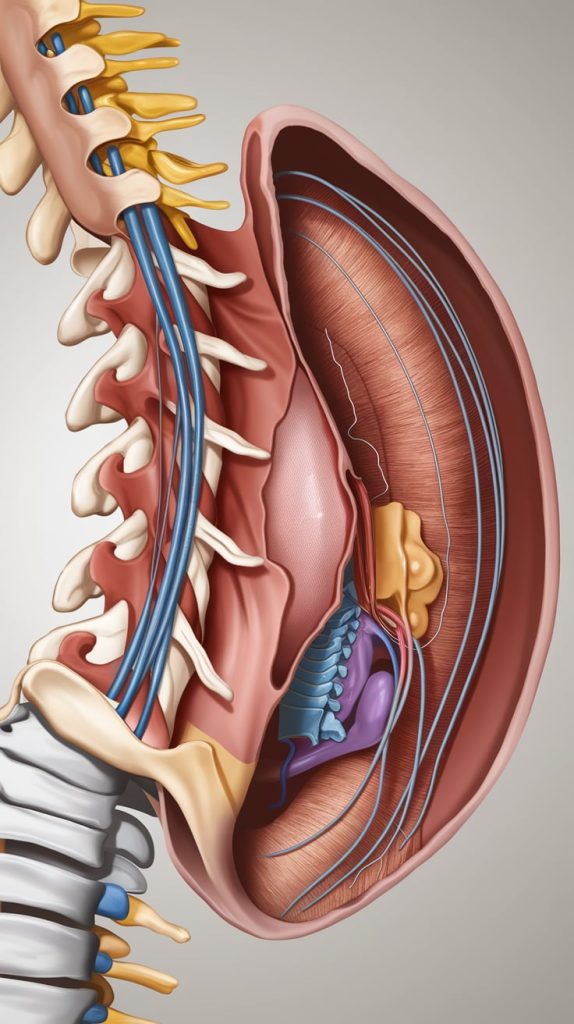
Nutrition: Ensure adequate folic acid intake during pregnancy to reduce the risk of Spina Bifida.
Early Intervention: Regular therapy and medical care can improve quality of life.
Support Groups: Connecting with others can provide emotional and practical support.